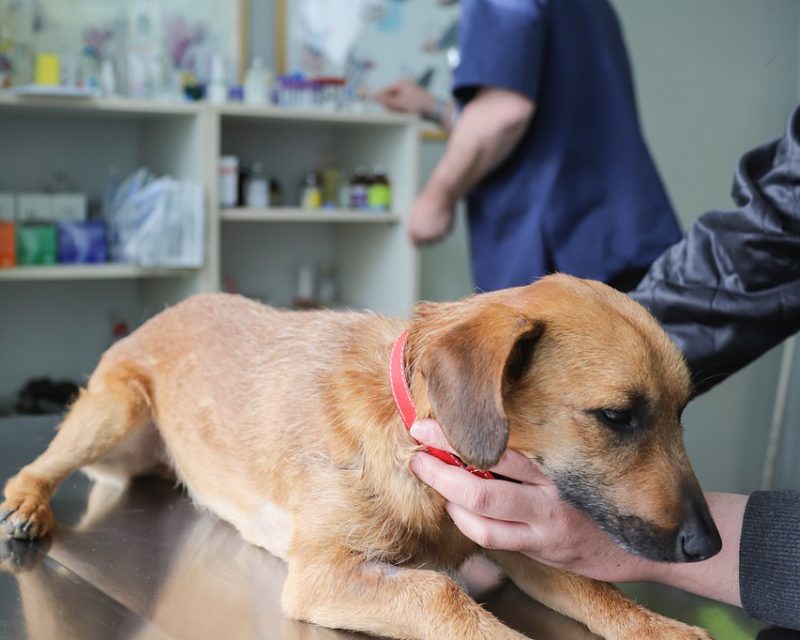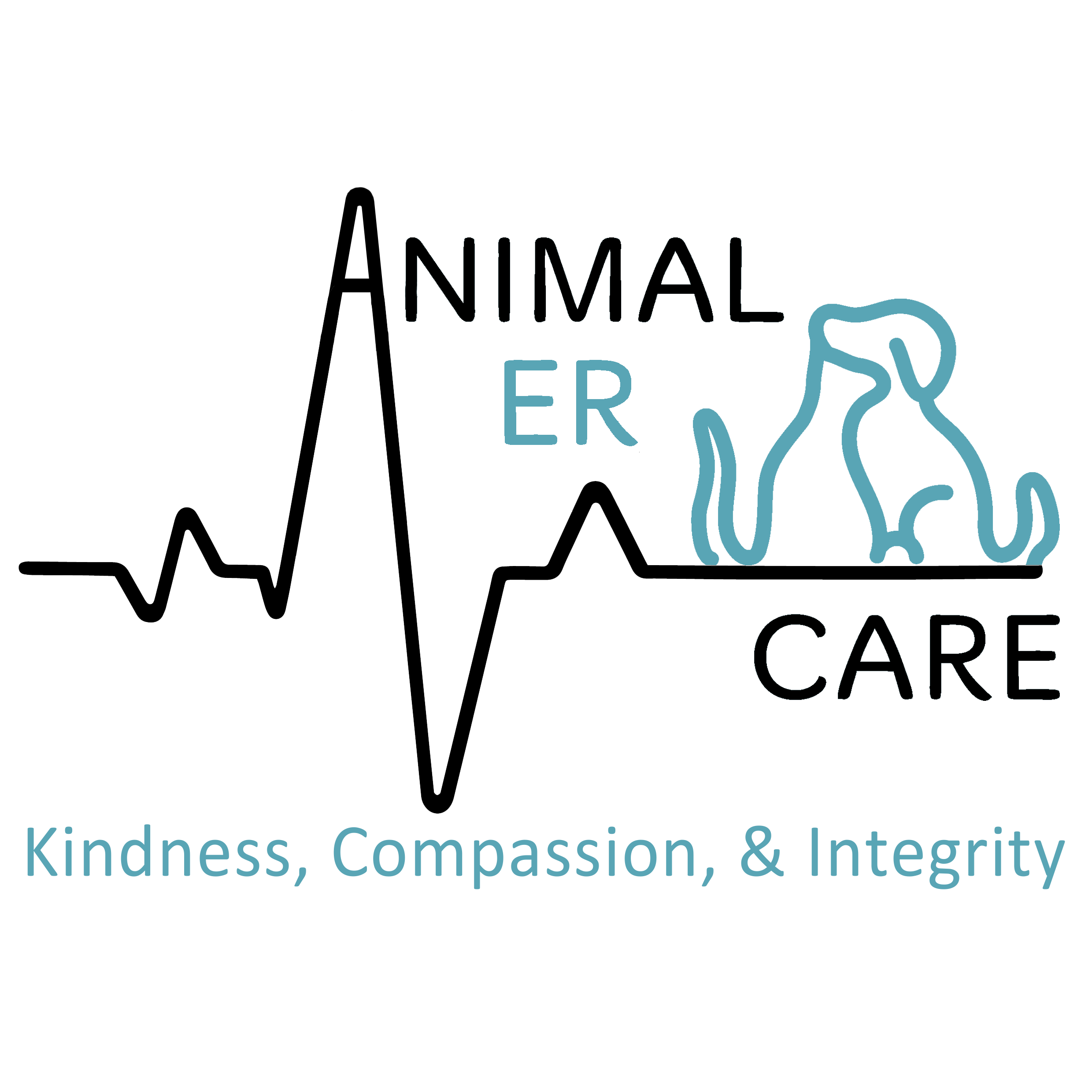
It’s Poison Prevention Week, so we got with our staff veterinarian, Dr. Arnold, to find out more about how to keep our pets safe from poison! Here’s what he had to say:
What are some common items that are poisonous to your pet?
Plants, cleaners, over-the-counter medications, and certain foods (like chocolate) are all categories of items that can pose a risk to your pet. Don’t let this scare you! It can be easy to prevent poisonings if you know what to look out for. Check out this link to see common plants, foods, and household items that might pose a risk to your pet. The ASPCA also has a pet poison hotline. This is a great resource if you see your pet eat something and you want to know if it is poisonous.
What are the symptoms/risks in pets of being poisoned?
The most common symptoms of your pet eating something that might be harmful to them is general stomach upset signs: vomiting, diarrhea, drooling, and low energy. Some toxins, like those in antifreeze, can cause neurologic signs such as incoordination while trying to walk, falling, and/or tremoring. Many poisonous items are not fatal but can cause some severe side effects, so if a poisoning event is known or suspected to have happened, consulting the pet poison hotline and your veterinarian is very important.
What should you do if you suspect your pet has been poisoned?
If you suspect your pet has been poisoned, call the ASPCA hotline listed above and consult with your veterinarian. However, without knowing what possible toxins your pet may have been exposed to, it can be very difficult to diagnose what is harming your pet. This is why prevention and preparation are very important. By reviewing the list of possible poisons on the ASPCA website, you can help to prepare yourself to give your pet the best chance. Knowing what possible poisons are in your house/yard/garage can be very helpful in getting proper therapy initiated for your pet.
How do you treat a pet who has been poisoned?
My toxicology professor in vet school loved to say “Puke it up, bind it up, poop it out!” What he meant is that the best ways to get rid of toxins are to induce vomiting, use binders to make sure it doesn’t get absorbed, and pass it as waste. If you know that your pet ate something like chocolate or drank some antifreeze, your veterinarian or an emergency clinic can help by giving medications to cause vomiting. Then a binder, like activated charcoal, might be given to bind the toxin to prevent your pet’s body from absorbing it. Supportive care, like IV fluids and sedation (if your pet is in pain or anxious), might also be needed. Remember, rapid response and as much information about possible toxins can be critical to saving your pet’s life.
Now that you know how to prevent your pet from being poisoned, it’s time to get to work! Use the ASPCA list of poisonous items above to get your household poison-proof. In addition, putting the ASPCA poison hotline number, as well as your veterinarian’s number, in an easily accessible place can ensure quick action in the event that your pet is poisoned. Like Dr. Arnold said, prevention and preparation are critical and can save your pet’s life!










